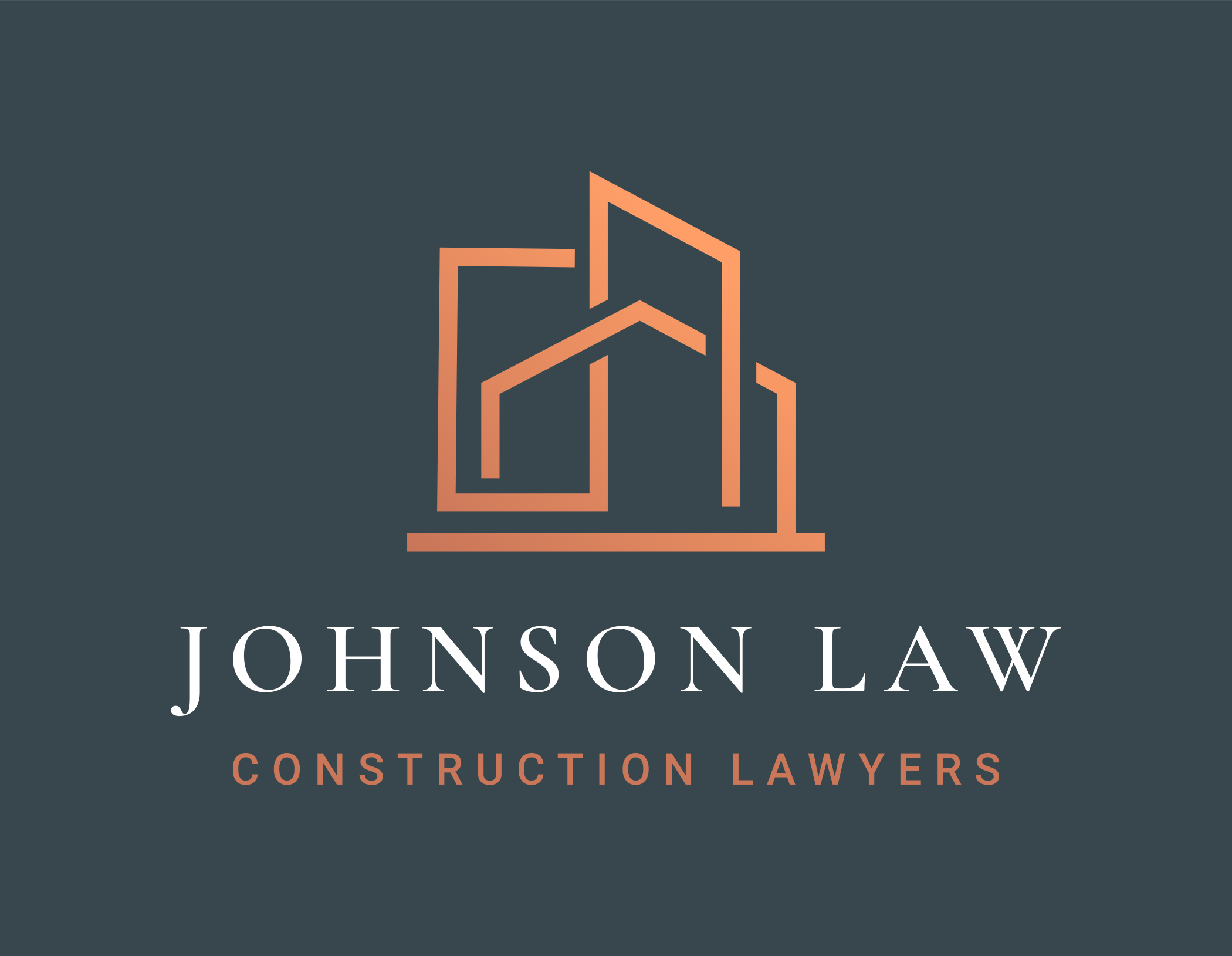Some construction contracts contain payment terms on a cost-plus basis, which is the cost of labor and materials plus an agreed upon percent for profit. A recent decision from the Iowa Court of Appeals in Olmstead Constr., Inc. v. Otter Creek Investments, LLC, 2019 WL 4678167 (Iowa Ct. App. 2019) held that contractors have a duty to maintain accurate and detailed expense records under a cost-plus contract. Keeping meticulous and accurate records allows the owner to check the contractor’s expenses. The Iowa court held this type of contract permits an owner to approve and audit the contractor’s accounting. In the event a dispute arises from a charge, the contractor has the burden of justifying and validating the charge.
The Olmstead Court held the owner was not obligated to pay a disputed invoice when the contractor failed to provide backup for the disputed invoice under a cost-plus contract and the owner’s nonpayment was not a default of the parties’ contract. While Colorado courts have not gone as far as Iowa, the Colorado Court of Appeals held an owner may be estopped from disputing charges when the owner continued to make payments until the work was completed. Extreme Constr. Co. v. RCG Glenwood, LLC, 310 P.3d 246 (Colo. App. 2012).
The Extreme Construction court held the defense of equitable estoppel could apply to an ambiguous contract term in the parties’ cost-plus contract. Specifically, the owner was estopped from claiming the contractor was required to charge actual costs for superintendence and labor when the owner paid invoices with full knowledge the invoices included charges for superintendence and labor at rates higher than contractor’s costs. The court reasoned that the owner’s behavior of remaining silent on its interpretation of the cost-plus contract payment terms induced the contractor’s continued performance under the contract. Thus, the owner could not claim the costs it had full knowledge of and paid were in excess of the costs contemplated in the contract after the contractor completed performance of the work.
Whether Colorado courts will interpret cost-plus contracts in a similar manner to the Iowa court in Olmstead remains unknown. If Colorado courts permit an equitable estoppel defense when an owner knowingly pays charges above actual costs and then is estopped from later arguing those charges were in breach of contract, Colorado courts may hold that an owner who disputes charges on an invoice within a reasonable time may be justified in not paying the invoice if the contractor cannot produce justification for the charges.
Practitioners may want to argue Iowa’s Olmstead is persuasive in factually similar cases. Practitioners may argue the reasoning in Colorado’s Extreme Construction suggests an unknowing payment of inflated costs shifts the burden to the contractor to prove its actual costs under a cost-plus contract. Both cases suggest a contractor should keep meticulous records to support charges under a cost-plus contract or the owner may be relieved of payment.
Johnson Law specializes in construction law from drafting and negotiating contracts, such as cost-plus contracts, to bringing claims protecting the interests of contractors and homeowners. If you have questions about construction cost-plus contracts or how they may impact your legal rights and remedies, give Johnson Law a call to speak with one of our attorneys.
